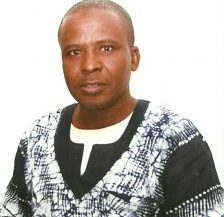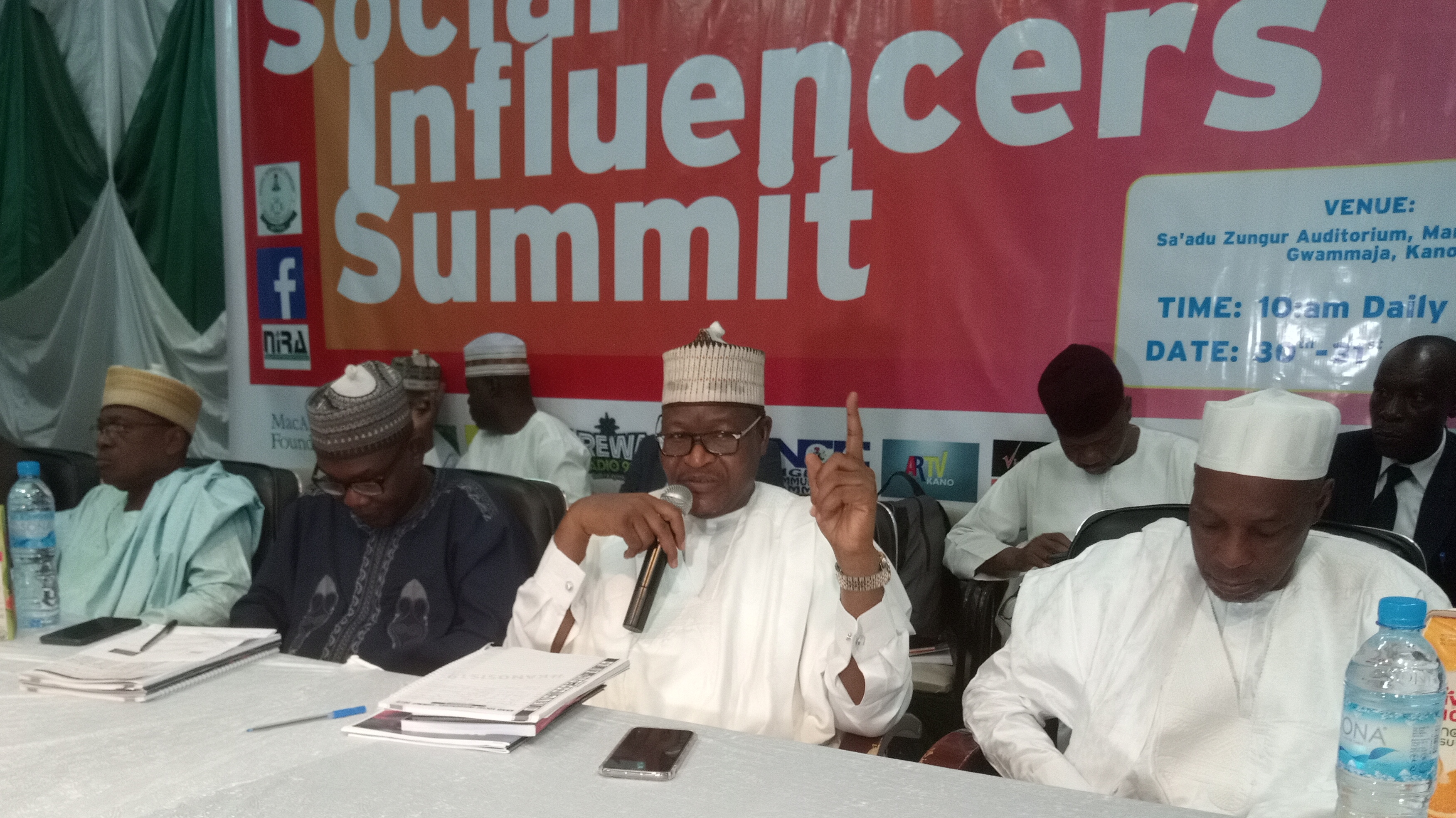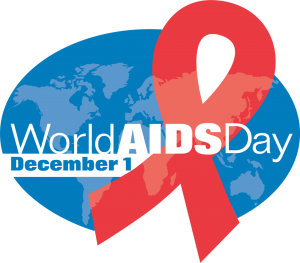The first ever Social Influencers Conference in Nigeria opened earlier today with conferees interrogating Prof U. G Danbatta, the Executive Vice-Chairman of the National Communications Commission, (NCC) for perceived failure of the state agency to track kidnappers using the technology. The first attendee who got the opportunity to fire one of the five questions allowed in the aftermath of the NCC Chairman’s interesting Keynote address wondered why kidnappers are not being tracked even when they use telephone to negotiate ransom with family members of victims.

Another angle on the High Table featuring heads of INGOs and Foundations in Nigeria, academics, professionals, experts, among others

A constituency that can be a force for good but also a force for bad
It was not the only question thrown at the professor but appeared to be the most self-selling question. The NCC boss was equally asked why NCC could not ask service providers to make internet free for universities. Another questioner wanted to know the cost and the benefits of regulating or not regulating Over the Top Services which the NCC boss had said Nigeria is waiting for the International Telecommunications Union, (ITU) to take a decision on that. Over the Top Services, (OTTS) are such facilities as Wechat; Whatsapp, Instagram, etc.
NCC came face to face with the question of what measures it is taking in terms of controlling certain materials such as pornography on Facebook. He was equally asked to demonstrate the commission’s corporate social responsibility profile to Kano State.
The NCC boss, however, took on his traducers when given the opportunity to respond to the questions, saying that he expected such questions to come because they were the sort of questions thrown at him everywhere he went. His reply is that the security nature of NCC’s relations with the security agencies in terms of what they do about kidnappers is not something they normally beat their chest openly. Otherwise, said he, “we are actively involved in helping security but we don’t publicise these”.
Emphasizing the sensitive nature of the matter, Prof Danbatta described it as the responsibility of the commission to assist security agencies and that they have been doing that but declined to specify what and how they do whatever they do. What is important, according to him, is for all SIMs to be registered so that the commission, together with security agencies, could protect citizens from actions of kidnappers and other subversive elements.
He disagreed with the question on corporate social responsibility to Kano State, saying that although they do not call it by that name but Social Intervention Fund, (SIF), they are fully involved in it. However, theirs is spread across the nation, he said, adding that if he knew he was going to be asked such question, he would have come with details of what Kano, like other states, had got from the N1.5b SIF budget of the NCC in last year’s budget.
Similarly, Prof Danbatta debunked the claim of service providers not paying appropriate taxes, singling out the MTN that was specifically used to exemplify that claim as the best practitioner in that regard.

An older picture of the cohort of social influencers on transparency and accountability

Mallam Y Z Y’au, Exec Dir, CITAD
Professor Danbatta, a 1993 PhD holder from the University of Manchester in the United Kingdom started his Keynote address by contrasting the social media/internet with previous communication technologies such as the printing press and the radio. While each of the two took a century to attain reaching 50 million people, the internet took just 26 years to reach that number of people patronizing it. In other words, it has been so fantastic a piece of technology when compared with previous ones. But there is a glitch. While 80 % of Europeans today have internet access, only 22% of Africans have the access, meaning a digital divide that reflecting a worrisome inequality.
Making a clarification, Prof Danbatta said the NCC has nothing to do with control of content of social media platforms. That job belongs to the National Broadcasting Commission, (NBC). The NCC, said he, is about investing in the infrastructure that supports the internet so that Nigerians can be guaranteed availability, accessibility and affordability. That extends to checking technologies imported into the country against radiation hazards as well as actions promotional of digital public communication culture. He was, by implication, reinforcing McLuhan’s notion of the primacy of the channel of information over the information itself or the message.
But either as an independent minded academic or a government appointee behaviour typecast, the NCC boss isolated what he called the flip sides of internet/social media for condemnation repeatedly, saying it is moving what would have been a transformative leap into one of defamatory and inflammatory contents whereby anyone can be anonymously assaulted without recourse. Otherwise, he celebrated the internet/social media as harbinger of collaboration, participation, innovation and improved learning, among others. His conclusion is that there has arisen the challenge of managing the benefits and the risks of what he calls the Fourth Revolution, the first being the agricultural, the second the steel and the third being the industrial.
Notwithstanding the foregoing, he disclosed how the number of internet subscribers in Nigeria today now stands at 124 million, a figure someone in the Mambayya House Auditorium said is much lower than the real. Less or more, it is for Prof Danbatta evidence of digital transformation in Nigeria.
50 speakers made up of academics, professionals and sundry experts are taking turn over 42 panels on different aspects of the social influencing/social media at the 2-day jaw-jawing on what Mallam Hamza Abubakar of the Centre for Information Technology, (CITAD) calls an attempt to “spark a conversation on the positive use of the social media”. But Dr. Kole Shettima, the Africa Director of MacArthur Foundation, the conference is actually not the first of its kind in just Kano but the entire Nigeria.
MacArthur Foundation, he said, is not doing anything really new in supporting what social influencers were doing in their various ways but that it is now really great seeing so many of them together in one place at the conference. As far as he is concerned, “you can be a force for good but also a force for bad things to happen”.
Historian, Prof Haruna Wakili, Deputy Vice-Chancellor of Bayero University, Kano who chaired the opening ceremony, agreed no less just as Governor Abdullahi Ganduje of Kano State declared his government to be outstanding in the area of Information Technology provisioning in the state.
Prominent attendees include prominent activists such as legal practitioner, Ayo Obe; Ene Obi of ActionAid International-Nigeria; Viola Askia Usoro of the Digital Bridge Institute, Abuja and the pioneer Executive Vice-Chairman of the NCC, Mr. O.C Iromantu, among others.




























